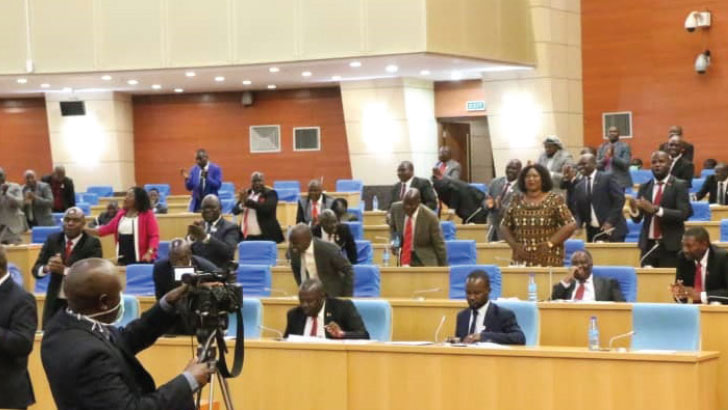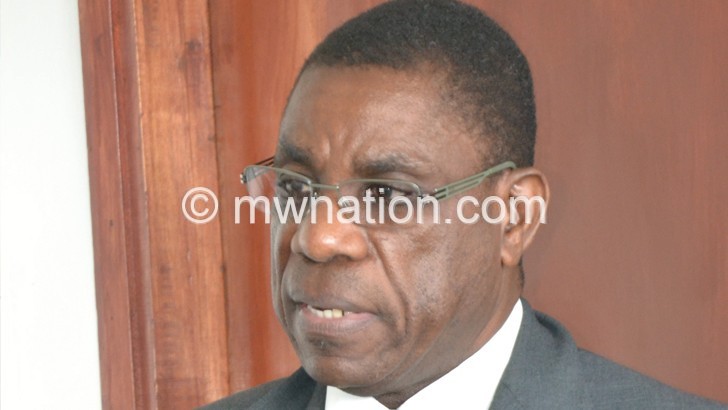Malawi Confederation of Chambers of Commerce and Industry (MCCCI) has faulted some priority areas in the proposed 2022/23 National Budget, arguing that the fiscal plan falls short of addressing challenges affecting domestic investment.
In his presentation of the K2.84 trillion National Budget Statement on Friday in Lilongwe, Minister of Finance and Economic Affairs Sosten Gwengwe said the main focus of the fiscal plan is to recover the economy from the global slowdown caused by the Covid-19
pandemic.
He said attention will also be on fiscal consolidation, public debt management, fiscal discipline, export diversification and import substitution and promotion of local manufacturing.
But in reaction to the proposed budget, MCCCI argues in a statement that issues such as availability of affordable finance for the private sector, which is the proverbial goose that lays the golden eggs, are not addressed.
Members of Parliament have started scrutinising the proposed budget in clusters
Reads the statement in part: “Private businesses make the biggest tax contribution, as such, ensuring the presence of a conducive business environment must be of chief importance to government.
“At the moment, the cost of borrowing for local investors in productive sectors of the economy remains high and unless government deliberately intervenes with a development financing vehicle, the country’s industrialisation ambitions will remain all but a beautiful dream.”
In the proposed budget, Gwengwe said the budget has been anchored on strict fiscal consolidation policy.
“As the Domestic Resource Mobilisation Strategy will be implemented, the financial year will also see some programme reforms aimed at containing costs more sustainably,” he said.
But the private sector lobby group argues that there is need to ensure fiscal consolidation by focusing expenditure on essentials and ensuring that it operates within the approved fiscal deficit for the coming financial year.
“If government continues to dominate domestic credit at the expense of private businesses, how will private businesses create wealth and jobs with limited investment funds available to them?” says the chamber.
The chamber has, however, applauded Treasury for reducing the value addition requirement for certain categories of businesses to be admitted in the Industrial Rebate Scheme.
“This will no doubt promote growth of local production and help in import substitution.
“However, we urge government to put monitoring mechanisms to ensure that businesses benefiting from these incentives are investing the freed up resources back into the business to promote growth.”
The 2022/23 Budget estimates an overall fiscal deficit at K884 billion, which is 7.7 percent of the gross domestic product (GDP).
The 2022/2023 deficit is expected to be lower than the projected likely outturn in the 2021/2022 fiscal year at K825.0 billion, representing eight percent of GDP.
The deficit, according to Gwengwe, will be financed through foreign borrowing amounting to K230.07 billion and domestic borrowing amounting to K653.98 billion.
He said government has decided to level and flatten the deficit from this financial year onwards
The post Budget not addressing Investment constraints appeared first on The Nation Online.
 Moni Malawi
Moni Malawi 

